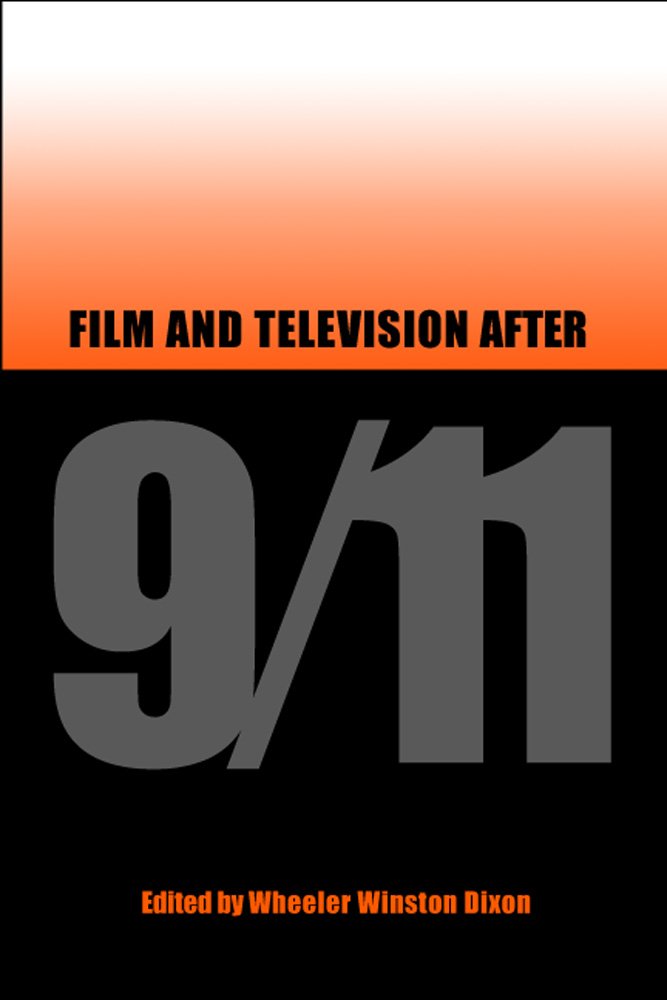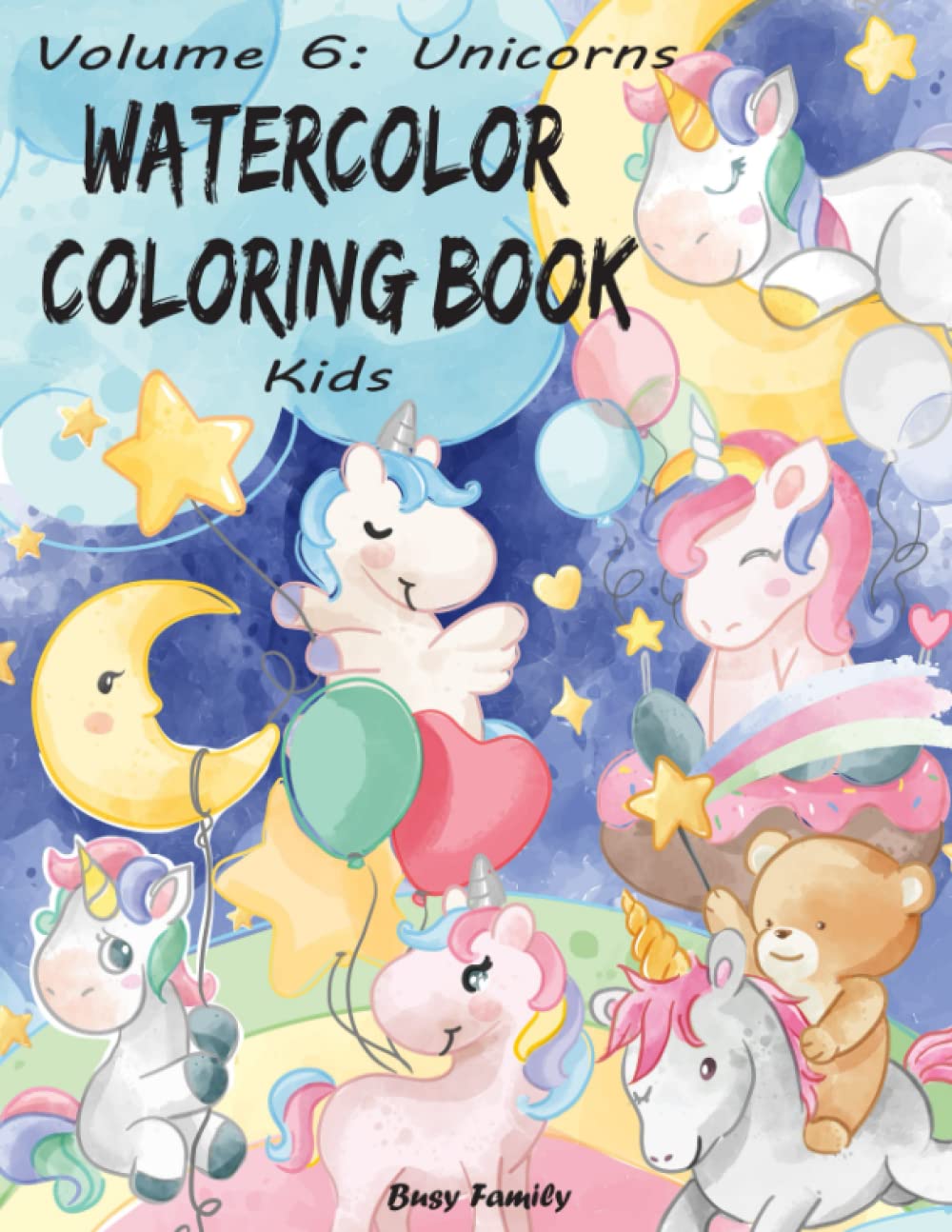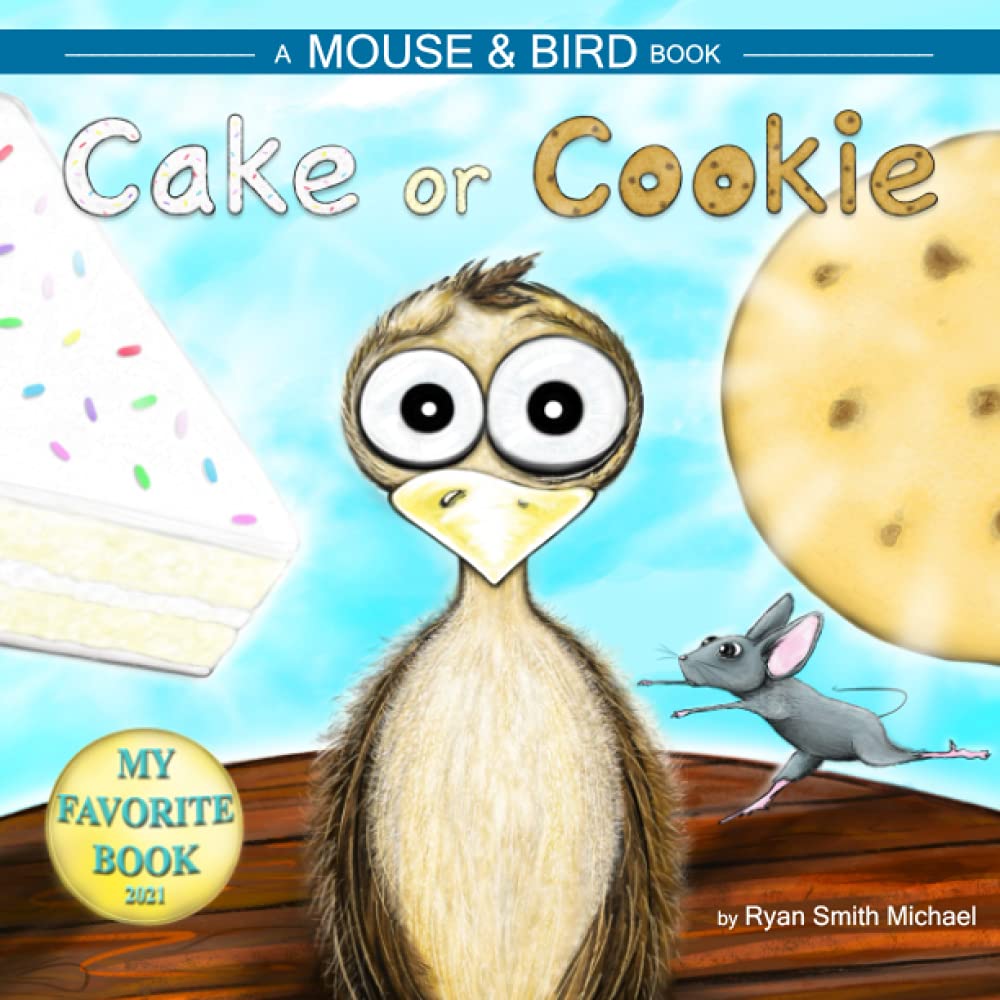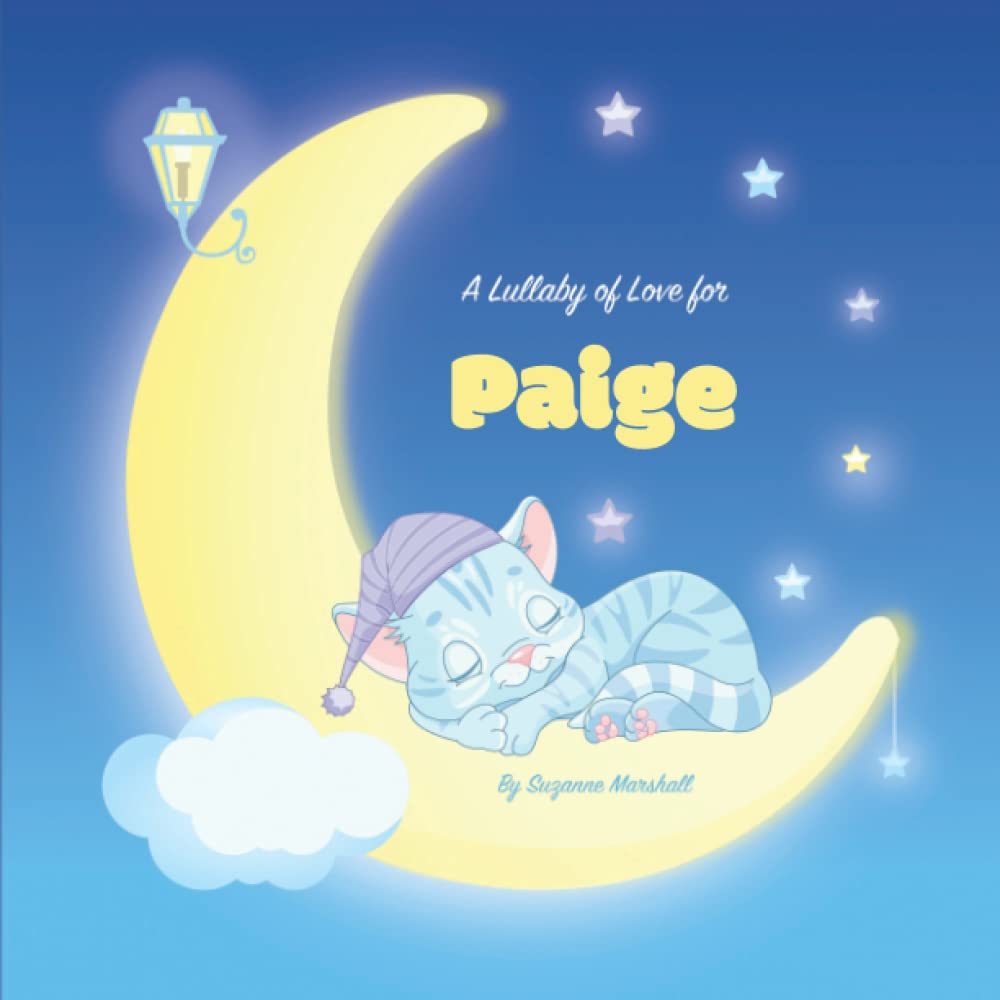In Film and Television After 9/11 , editor Wheeler Winston Dixon and eleven other distinguished film scholars discuss the production, reception, and distribution of Hollywood and foreign films after the terrorist attacks of September 11, 2001, and examine how moviemaking has changed to reflect the new world climate. While some contemporary films offer escapism, much of mainstream American cinema since 9/11 is centered on the desire for a “just war” in which military reprisals and escalation of warfare appear to be both inevitable and justified. Films of 2002 such as Black Hawk Down , Collateral Damage , and We Were Soldiers demonstrate a renewed audience appetite for narratives of conflict, reminiscent of the wave of filmmaking that surrounded American involvement in World War II. The attacks on the World Trade Center and the Pentagon galvanized the American public initially, yet film critics wonder how this will play out over time. Film and Television After 9/11 is the first book to provide original insights into topics ranging from the international reception of post-9/11 American cinema, re-viewing films of our shared cinematic past in light of the attacks, and exploring parallels between post-9/11 cinema and World War II-era productions. “[A] vital anthology. . . . Uniformly excellent, the informed, closely argued, and clearly written essays collected here demonstrate how popular films reflect not just the open issues of their day but its sunken anxieties. . . . Essential [for] all levels.” — Choice “ Film and Television After 9/11 contributes to a new understanding both of recent American film and our reaction, as a culture, to the events of 9/11. The contributors consider the question of how these very real events were at the same time media spectacles subject to deliberate reconstruction and ideological slanting, and how this spectacle resonated throughout American culture.” —Steven Shaviro, author of The Cinematic Body and Doom Patrols “No one book, no one movie has ever been able to capture the Holocaust, World War I, World War II, Vietnam, or even such ‘small’ events as the Hindenburg explosion or the Lindbergh kidnapping. The same will be true of the events of 9/11. The collection of essays in Film and Television After 9/11 , however, presents a series of important reflections about the events surrounding that day. By focusing on two television programs and films in process prior to the event, the authors of these essays present us with ‘ways in’ to the horrors of the catastrophic event, aspects of its aftermath, and, maybe, most important, readings of our culture that presage and comment on not only the event but threads woven into the fabric of our culture.” —Gerald Duchovnay, author of Humphrey Bogart: A Bio-Bibliography Wheeler Winston Dixon is the James Ryan Professor of FilmStudies, Coordinator of the Film Studies Program, Professor of English at the University of Nebraska, Lincoln, and, with Gwendolyn AudreyFoster, editor of the new book series Quick Takes: Movies and Popular Culture for Rutgers University Press. He is the author of more than thirty books on film history, theoryand criticism, as well as more than 100 articles in variousacademic journals. He is also an active experimental filmmaker, whoseworks are in the permanent collection of The Museum of Modern Art. His recent books include Black & White Cinema: A Short History (2015); Streaming: Movies, Media and Instant Access (2013); Death of the Moguls: The End of Classical Hollywood (2012); 21st Century Hollywood: Movies in the Era of Transformation (2011, co-authored with Gwendolyn Audrey Foster); A History of Horror (2010); and Film Noir and the Cinema of Paranoia (2009). Dixon's book A Short History of Film (2008, co-authored with Gwendolyn Audrey Foster) was reprinted six times through 2012. A second, revised edition was published in 2013; a third,revised edition was published in 2018. The book is a required text inuniversities throughout the world. Visit wheelerwinstondixon.com for more details on Dixon's books, films, and articles.













